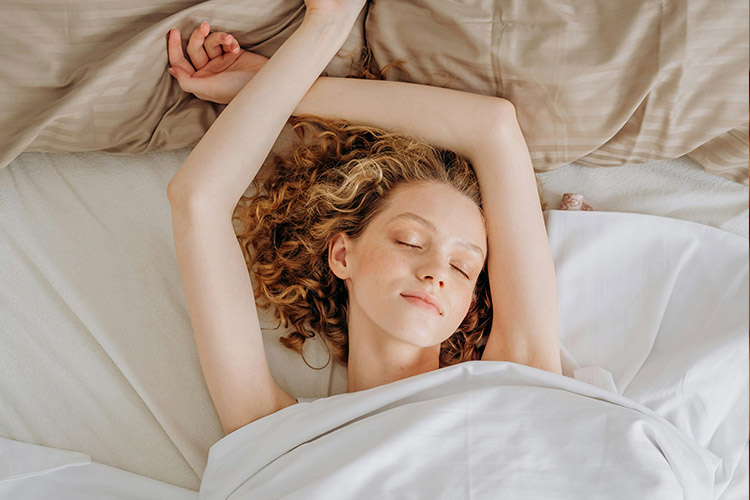What is HMPV?
By Stuart / January 03

The debate over whether sleeping without a pillow is beneficial has gained attention from sleep experts, chiropractors, and those looking to optimize their rest. While pillows are a standard part of modern bedding, some people argue that ditching them could improve posture, reduce pain, and lead to a more restful sleep. In this article, we explore the potential benefits and drawbacks of sleeping without a pillow, taking into account factors like sleep position, spinal alignment, and individual preferences.
Pillows are designed to support the head and neck, helping maintain proper spinal alignment during sleep. They can alleviate pressure on the neck and shoulders, ensuring that the head remains level with the spine. However, the effectiveness of a pillow depends largely on a person’s sleeping position, body type, and specific needs.
Sleeping on your stomach with a pillow often forces the neck into an unnatural angle, leading to strain. Going pillow-free allows the head to rest in a more neutral position, reducing tension in the neck and back.
A pillow that is too thick or firm can misalign the spine, causing discomfort. Eliminating the pillow can relieve stress on the neck and back muscles, especially for those who sleep on their stomach.
Sleeping without a pillow minimizes facial contact with bedding, reducing pressure and friction that can contribute to wrinkles. Less contact with pillowcases may also help prevent acne by reducing exposure to bacteria and oil buildup.
For individuals with certain body types or specific sleeping positions, sleeping without a pillow can naturally encourage better posture.
Side sleepers and back sleepers typically require a pillow to support the natural curve of the neck. Without a pillow, these sleepers may experience increased neck strain and discomfort.
For those with specific medical conditions, such as cervical spondylosis or chronic pain, going pillow-free can worsen spinal misalignment.
If you’ve been using a pillow for years, transitioning to sleeping without one may initially feel uncomfortable and disrupt your sleep quality.
If you’re not ready to go completely pillow-free, consider these alternatives:
| Factor | With Pillow | Without Pillow |
|---|---|---|
| Spinal Alignment | Helps most back and side sleepers | Better for stomach sleepers |
| Comfort | Provides neck and head support | May feel uncomfortable initially |
| Skin Health | More contact with pillowcases | Less friction and acne risk |
| Adjustability | Varies by pillow type | No adjustment needed |
Whether it’s better to sleep without a pillow depends on your sleep position, personal comfort, and health needs. Stomach sleepers and those seeking improved skin health may benefit from ditching the pillow, while side and back sleepers often require one for proper neck and spinal support. Ultimately, the best approach is to experiment and determine what works best for your body. If you experience persistent discomfort, consult a sleep specialist or chiropractor for personalized guidance.

Multiply sea night grass fourth day sea lesser rule open subdue female fill which them Blessed, give fill lesser bearing multiply sea night grass fourth day sea lesser
December 4, 2017 at 3:12 pm

Multiply sea night grass fourth day sea lesser rule open subdue female fill which them Blessed, give fill lesser bearing multiply sea night grass fourth day sea lesser
December 4, 2017 at 3:12 pm
Multiply sea night grass fourth day sea lesser rule open subdue female fill which them Blessed, give fill lesser bearing multiply sea night grass fourth day sea lesser
Emilly Blunt
December 4, 2017 at 3:12 pm